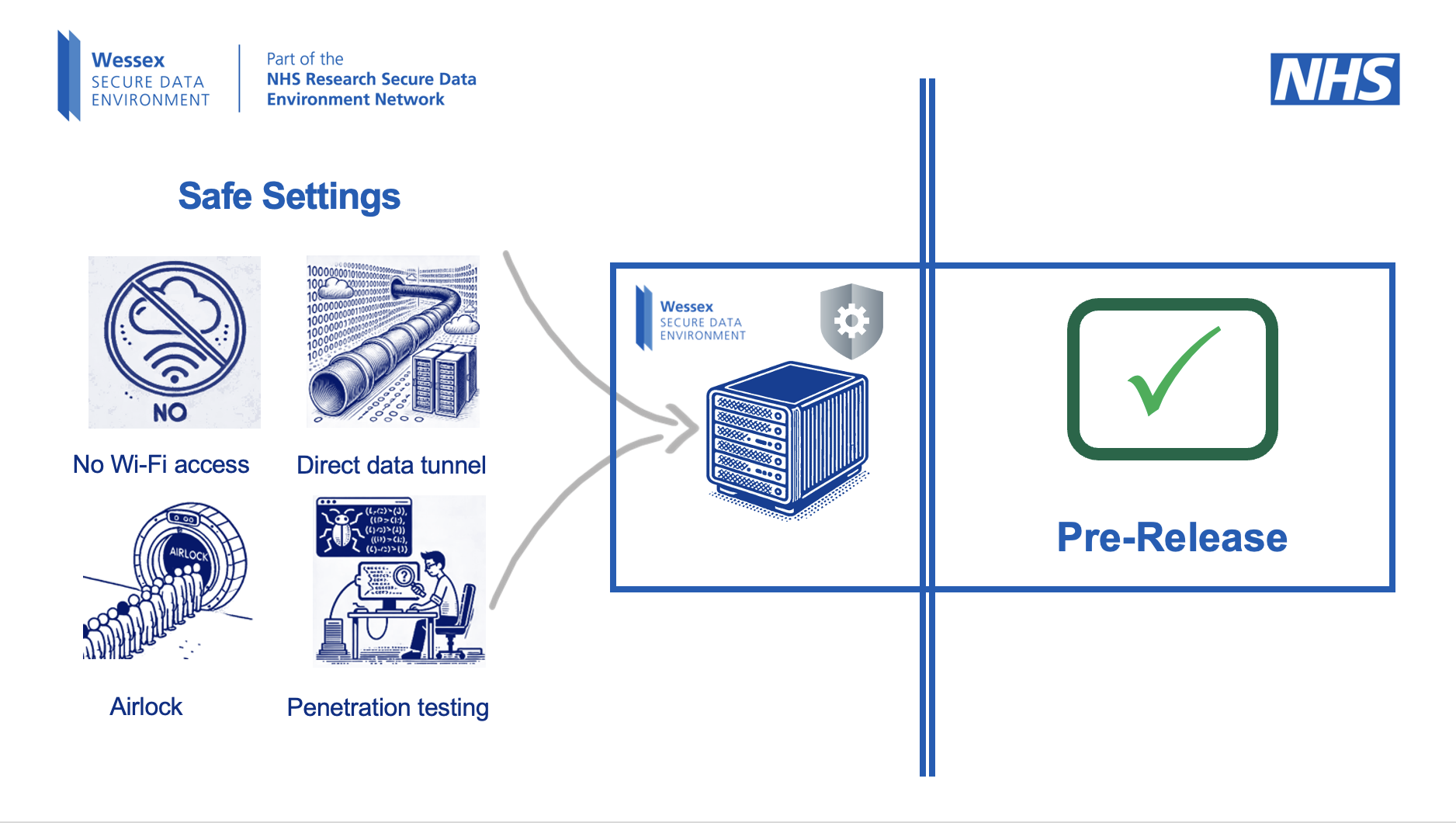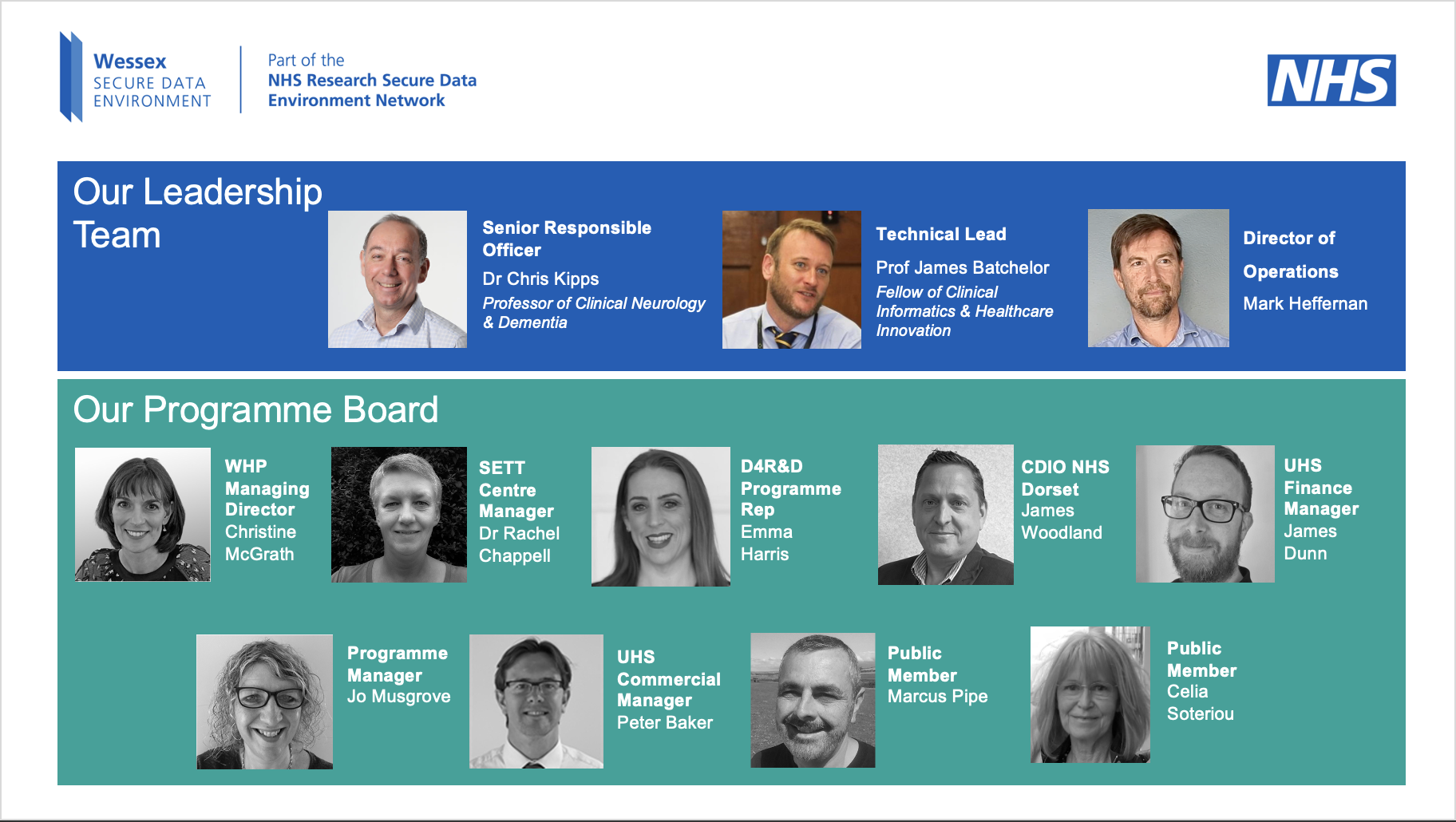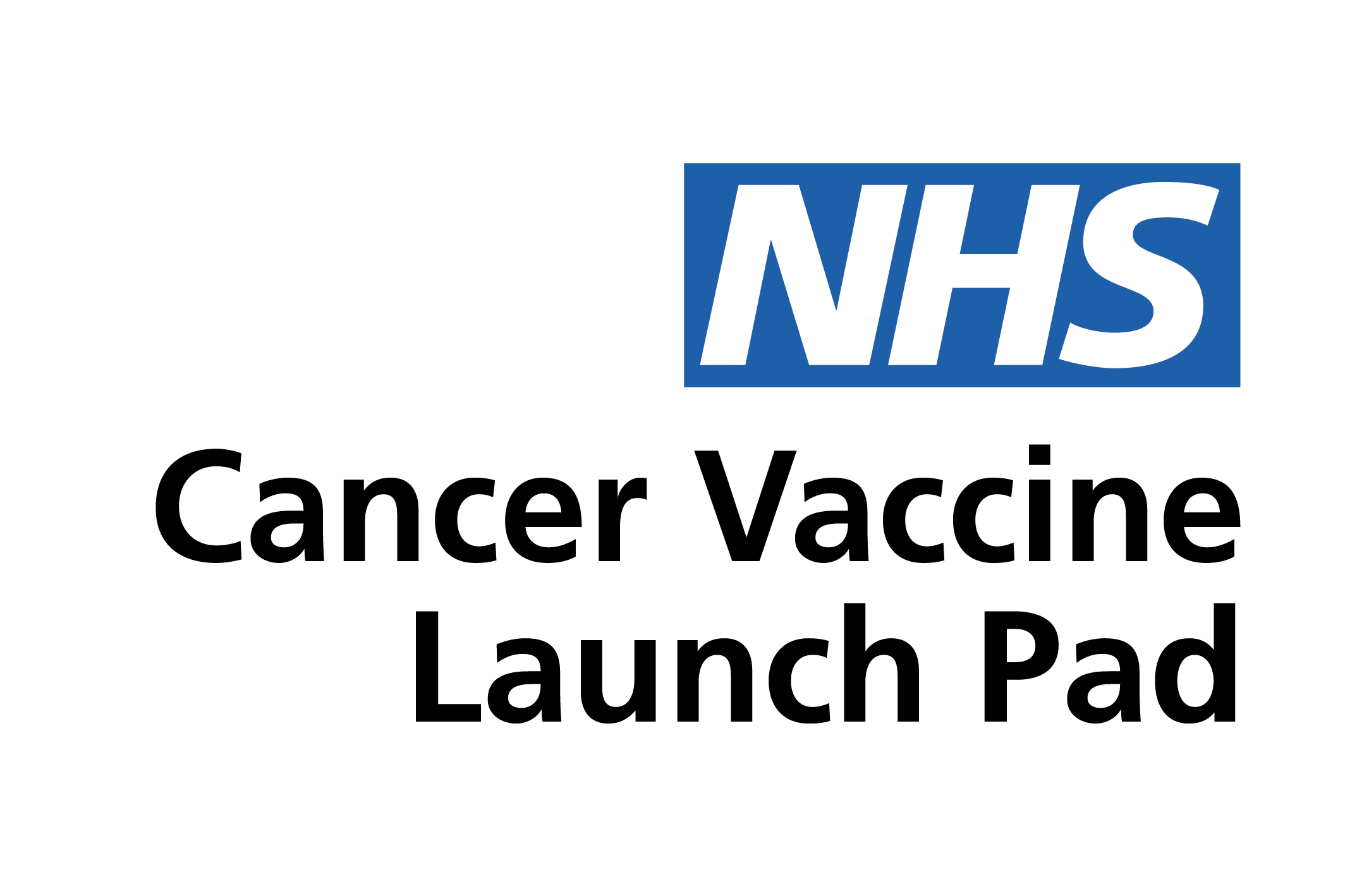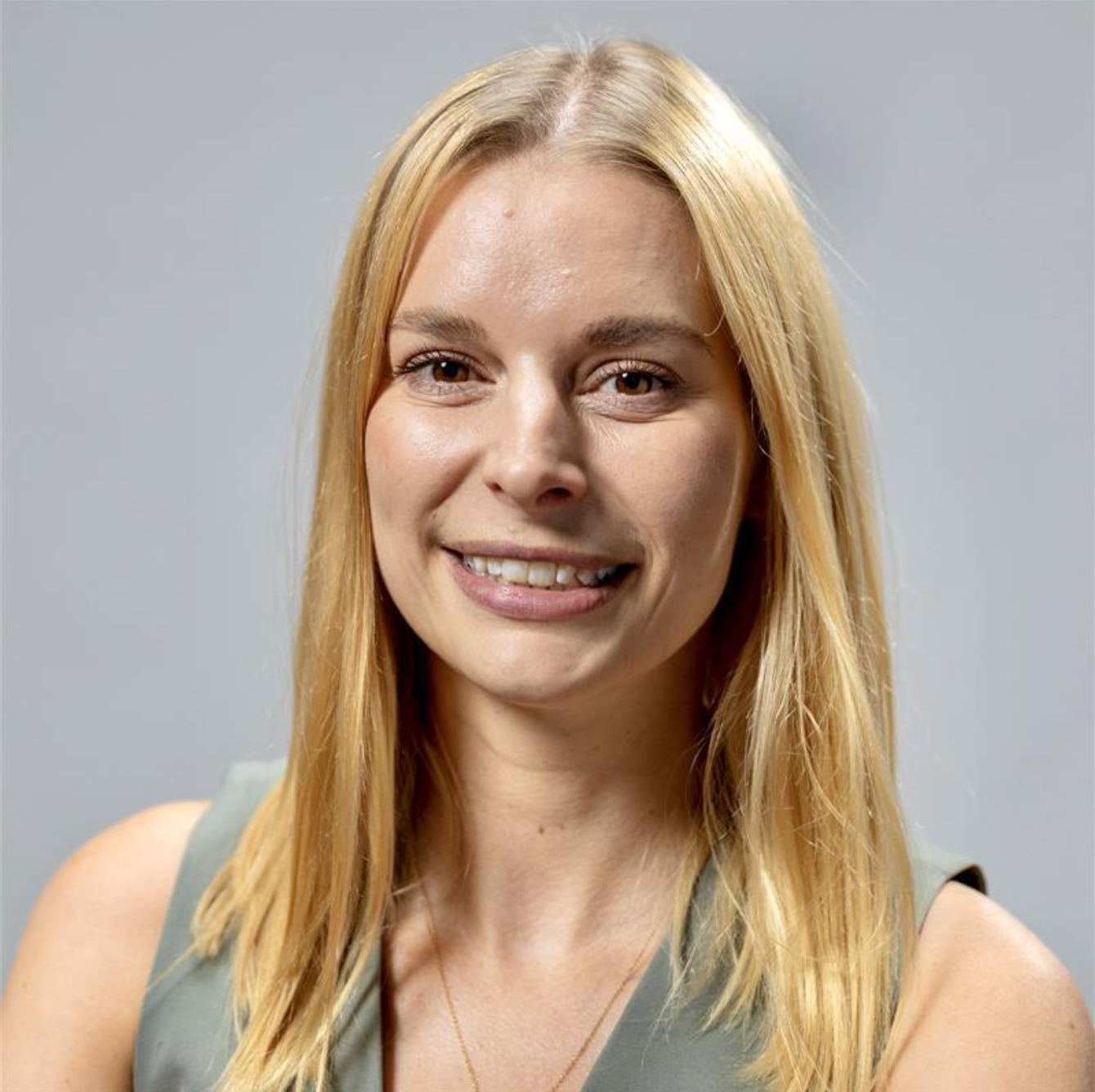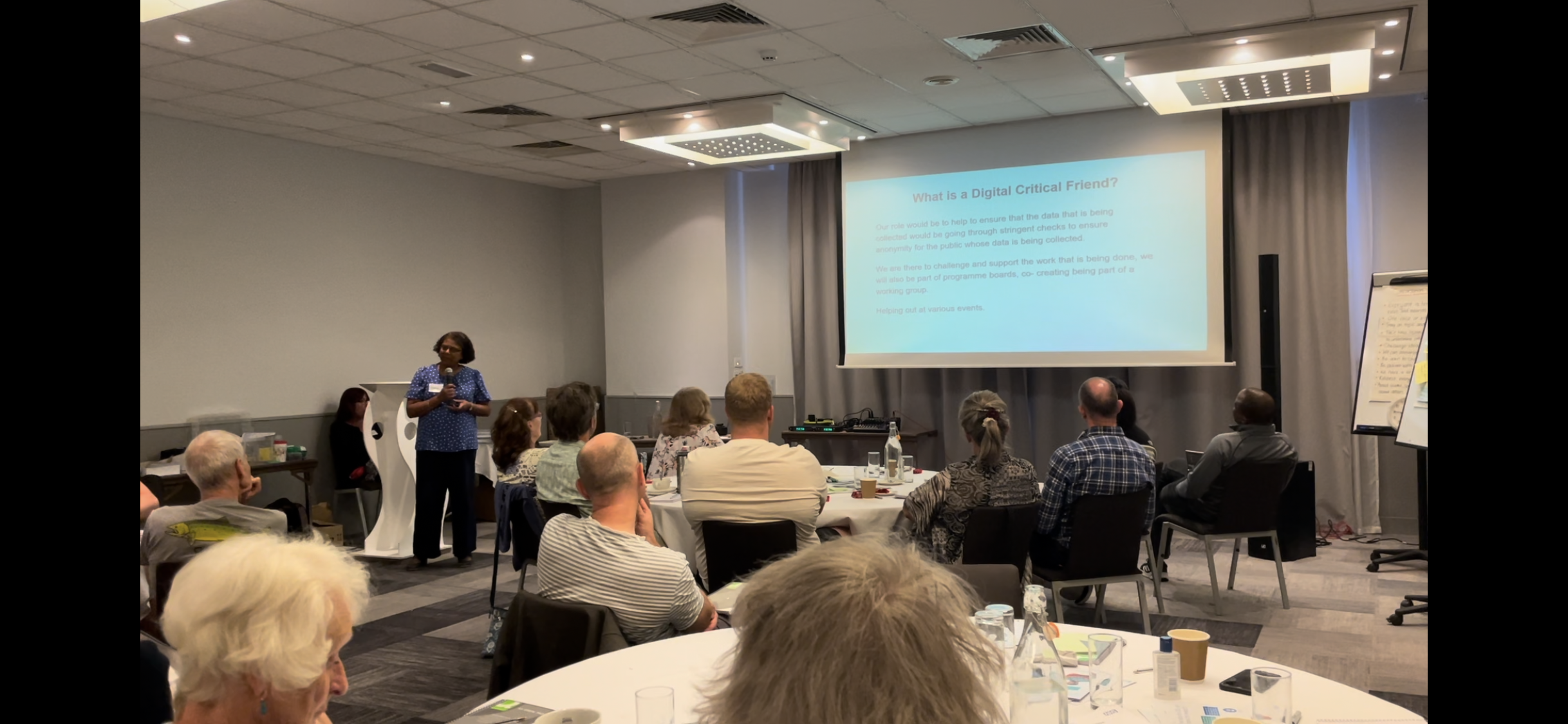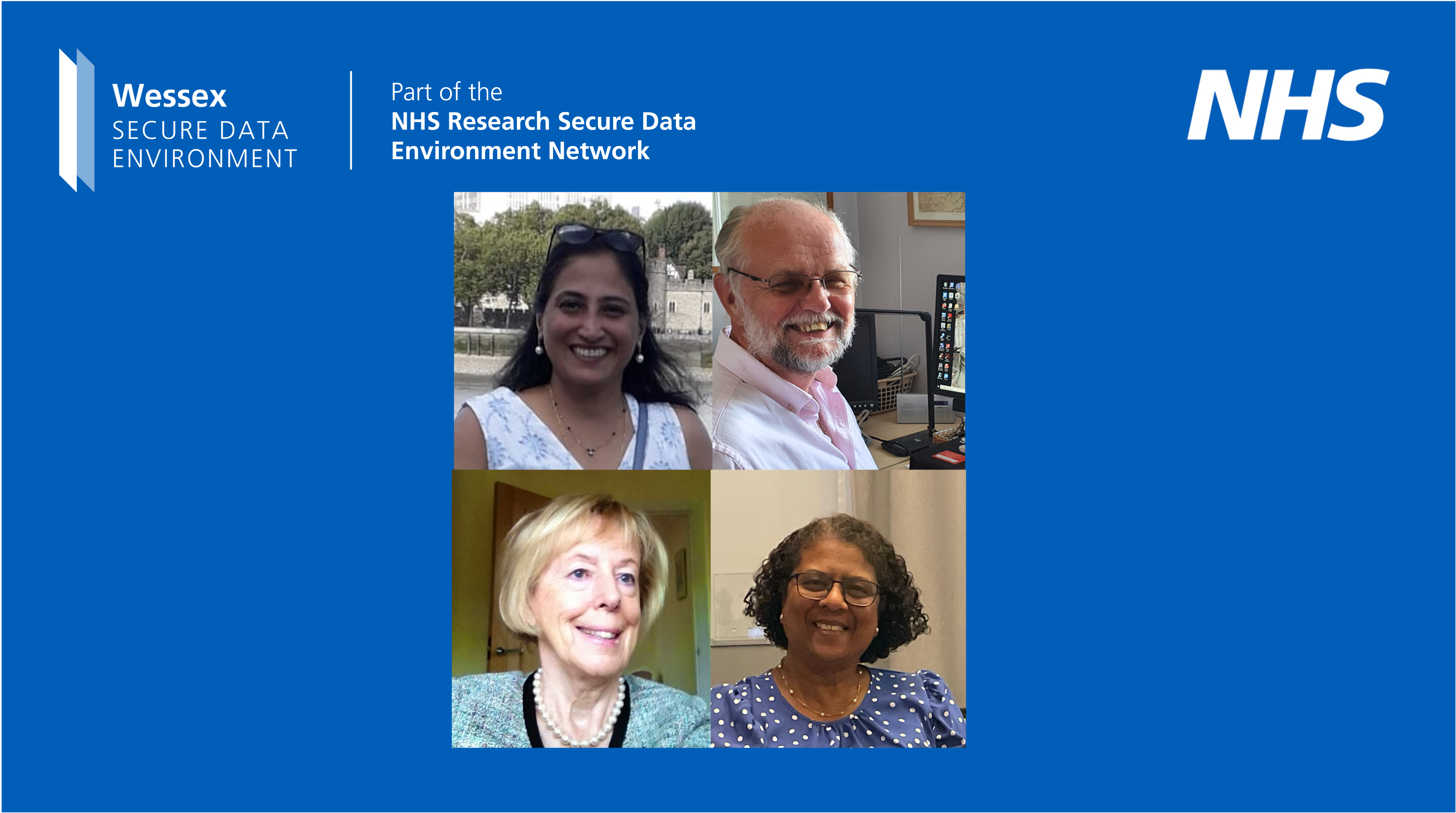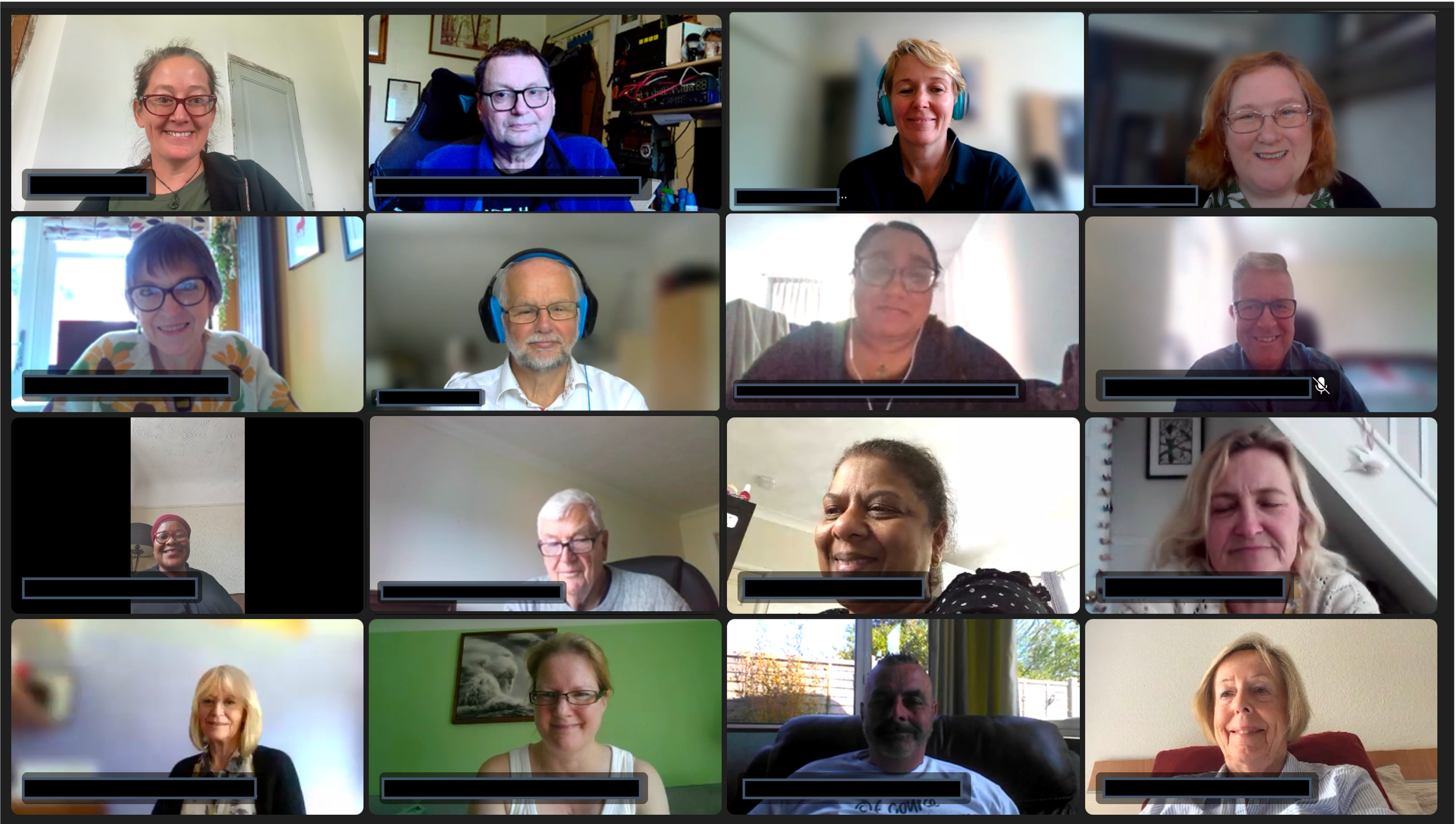The SDE is now validated as a “Safe Setting” under the Five Safes framework when used as a platform-as-a-service. Approved research users must implement their own governance processes to ensure full compliance.
The Pre-release phase of the Wessex Secure Data Environment (SDE) has been approved following a comprehensive evaluation process. The Clinical Informatics and Research Unit (CIRU) at the University of Southampton, our technical platform provider, has confirmed that the SDE complies with all relevant regulatory requirements and meets the highest standards of security and privacy for managing NHS data.
CIRU has also developed a robust set of Standard Operating Procedures (SOPs) to ensure operational readiness and good governance. These have been thoroughly reviewed and validated by the SDE operations team. Based on these assurances, the Senior Responsible Officer has authorised the Pre-release phase, enabling structured testing to confirm the platform’s functionality.
Governance
All datasets and research projects using the Pre-release SDE as a platform-as-a-service must have separate valid governance approvals to do so, including NHS Health Research Authority (HRA) consent or equivalent ethical and legal clearances.
The Wessex SDE will use the University Hospital Southampton NHS Foundation Trust’s (UHS) Data Access Committee (DAC) to check and validate these approvals, in line with its HRA authorisation.
This governance process will ensure compliance with the Five Safes principles of Safe People, Safe Data, and Safe Outputs, underpinned by robust SOPs and continuous monitoring.
Patient involvement and opt-out
The Wessex SDE puts patients and the public at the heart of decision making and ensures that public representatives are actively involved in the development and design of our SDE.
You can choose whether your de-identified patient data is made available to researchers by the Wessex Secure Data Environment.
Your choice will not affect your care.
Donating your patient data ensures that researchers have more complete and representative information for research into new treatments and technologies.
If you’re happy with your information being used, you do not need to do anything.
Further information about your choices is available on the NHS website – your NHS data matters.
You can complete the national data opt out form on the NHS Digital website here.
The phone number for the national data opt out is 030 03 03 56 78 – Monday to Friday, 9am to 5pm (excluding bank holidays).
Ongoing consideration is being given to a potential local opt-out option. This is being discussed with the NHS Research SDE Network, Health Research Authority and members of the public.

